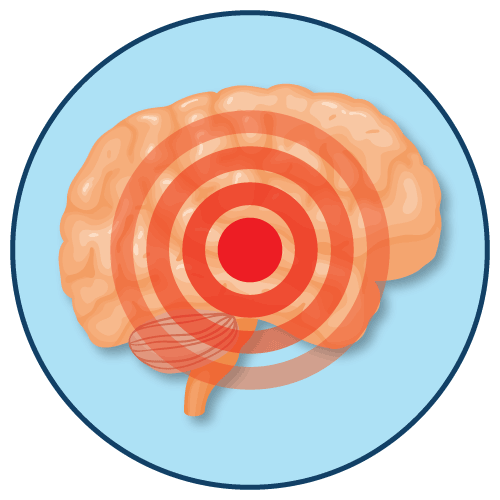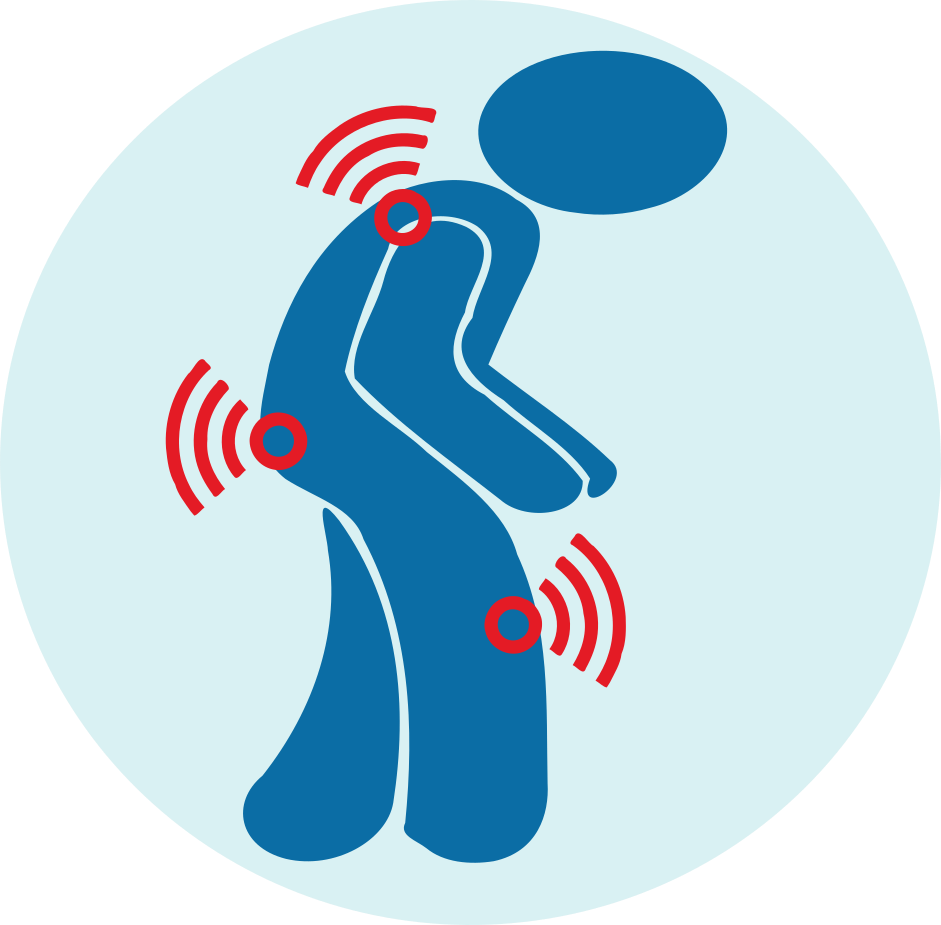| Name | Flunarizine |
| Classes |
Central Nervous System Agent Calcium Channel Blocker Vasodilator |
| Diseases |
CNS Disorder Epilepsy Migraine Vertigo |
Flunarizine
Flunarizine is a calcium channel blocker. Flunarizine works by blocking calcium channels in the smooth muscle cells of blood vessels and the brain. By doing so, it reduces the influx of calcium ions into these cells, leading to vasodilation and a decrease in the excitability of neurons.
- Flunarizine is indicated for the prophylaxis of migraine headaches.
- It is used to reduce the frequency, severity, and duration of migraine attacks
- The dosage of Flunarizine may vary depending on the individual and the severity of migraines.
- The usual recommended starting dose is 5 mg per day, taken at bedtime.
- The healthcare provider may adjust the dosage based on the patient's response and tolerability.
- It is important to follow the prescribed dosage and administration instructions provided by the healthcare provider.
The following side effects may occur with Flunarizine-
- Drowsiness or fatigue.
- Weight gain.
- Dizziness or lightheadedness.
- Dry mouth.
- Depression or mood changes.
- Extrapyramidal symptoms (such as parkinsonism-like symptoms).
- Gastrointestinal disturbances (such as nausea, vomiting, or constipation).
- Tremor or involuntary movements.
- Allergic reactions (rash, itching).
- Sedation: Flunarizine may cause drowsiness or fatigue. Patients should exercise caution when driving or operating machinery until they know how the medication affects them.
- Depression and suicidal ideation: Flunarizine has been associated with depressive symptoms and, rarely, suicidal ideation. Patients should be closely monitored for changes in mood or behavior and appropriate measures should be taken.
- Movement disorders: Flunarizine may cause extrapyramidal symptoms, including parkinsonism-like symptoms and tremor. Patients with a history of movement disorders should be closely monitored.
- Weight gain: Flunarizine has been associated with weight gain. Patients should be advised about the potential for weight gain and appropriate lifestyle modifications should be considered.
- Cardiovascular effects: Flunarizine may have cardiovascular effects, including prolonged QT interval. It should be used with caution in patients with a history of cardiovascular disease or risk factors.
- Pregnancy and breastfeeding: Flunarizine is not recommended for use during pregnancy or breastfeeding.
Contraindication
Hypersensitivity: Flunarizine should not be used in patients with a known hypersensitivity to the drug or its components.
None known.
- Parkinson's disease or other movement disorders: Flunarizine is contraindicated in patients with a history of Parkinson's disease or other movement disorders.
- Severe depression: Flunarizine should not be used in patients with severe depression or a history of severe depression.
- Liver impairment: Flunarizine is contraindicated in patients with severe liver impairment or active liver disease.
 Bangla
Bangla English
English





